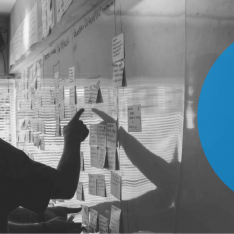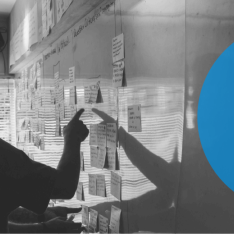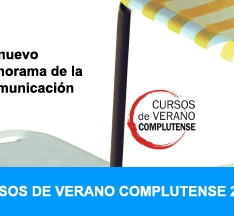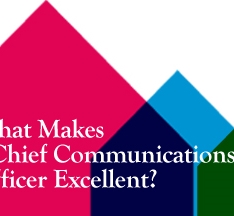Loading...
- Agenda 2030 & ODS (4)
- Alineamiento y Cultura Corporativa (14)
- Analytics & Big Data (2)
- Bienestar y Engagement (3)
- Chief Communications Officer (56)
- Co-Creación (2)
- Comunicación Externa (30)
- Comunicación Política (7)
- Consumidores (2)
- COVID-19 (4)
- Digitalización (27)
- Diplomacia Corporativa (1)
- Diversidad & Inclusión (2)
- Empleados (11)
- Estrategia (21)
- Ética (4)
- Global Issues (7)
- Gobierno Corporativo (7)
- Indicadores No Financieros (4)
- Innovación (17)
- Internacionalización (8)
- Liderazgo (15)
- Marca Corporativa (11)
- Marketing (2)
- Millennials (1)
- Propósito & Valores (18)
- Rankings & Premios (1)
- Reputación País (2)
- Reporting No Financiero (1)
- Riesgo Reputacional (4)
- Sostenibilidad & Responsabilidad Social (15)
- Stakeholder Engagement (23)
- Storytelling & Narrativa (14)
- Tendencias (11)
- Valoración De Los Intangibles (5)
- Comunicación Interna (23)
- Transparencia (6)
Published by Unai Admin
18/07/2025
Published by Unai Admin
17/07/2025
Published by Unai Admin
18/07/2025
Categories
Published by Unai Admin
17/07/2025
Published by Unai Admin
17/07/2025
Published by Unai Admin
17/07/2025
Published by Unai Admin
17/07/2025
Published by Unai Admin
17/07/2025
Published by Unai Admin
18/07/2025
Published by Unai Admin
18/07/2025
Página
of 4













